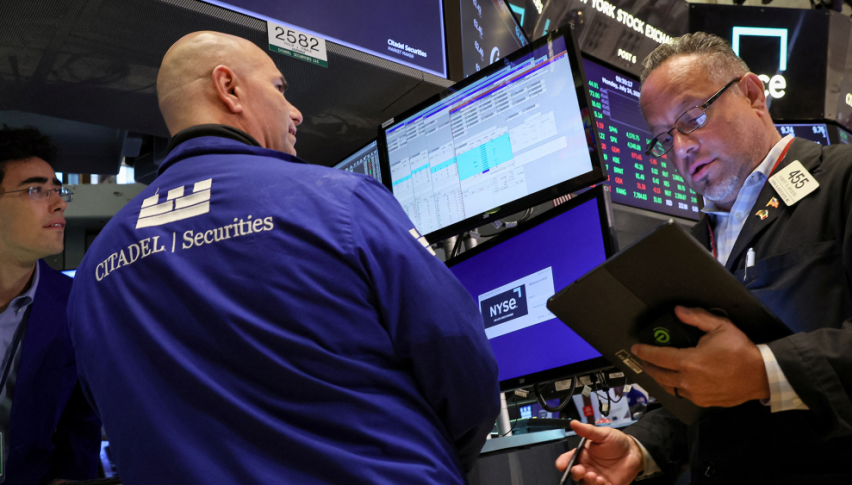Wall Street Drops Sharply as Investors Cash In on Historic Rally
Concerns that market volatility may persist despite recent trade announcements triggered a sharp wave of profit-taking on Wall Street.

All three major U.S. indexes posted steep losses on Thursday, just one day after they staged historic rallies in response to President Donald Trump’s 90-day suspension of global U.S. tariffs.
The Dow Jones Industrial Average fell 2.78% to 39,593.66 points. The S&P 500, which tracks the market’s largest companies, dropped 3.46% to 5,268.05, while the tech-heavy Nasdaq Composite sank 4.31% to 16,387.31.
Lingering Uncertainty Clouds Optimism
Despite Wednesday’s record-breaking gains—the S&P 500 posted its biggest single-day rally since the 2008 financial crisis and the third largest since World War II—investors remained uneasy.
Markets are still on edge, as the long-term outcome of the trade measures remains uncertain. The main concern continues to be the tariffs.
On Wednesday, President Trump announced a 90-day pause on reciprocal tariffs with dozens of countries. The market welcomed the move, along with the European Union’s decision to suspend retaliatory measures. However, uncertainty returned after the White House clarified that the total tariff on Chinese goods would reach 145%, including a previously imposed 20% levy tied to the fentanyl crisis.
This statement stirred renewed volatility, which eased somewhat toward the close.
Sectors and Stocks Take a Hit
Nearly every sector ended the day in the red. Energy stocks led the losses (-6.4%), followed by technology (-4.5%) and communications (-4.1%). In the Dow, Nike (-8.29%), Chevron (-7.57%), and Walt Disney (-6.79%) were among the biggest decliners.
Big tech was hit hard as well. Tesla shares plunged 7.27%, followed by Meta (-6.74%), Nvidia (-5.91%), Amazon (-5.17%), Apple (-4.24%), and Microsoft (-2.34%).
Economic Data Adds to Market Jitters
Adding to the uncertainty, investors reacted to a new U.S. inflation report showing a 0.1% decline in consumer prices for March. Economists had expected a 0.1% increase. On an annual basis, inflation rose to 2.4%, below the 2.6% forecast.

